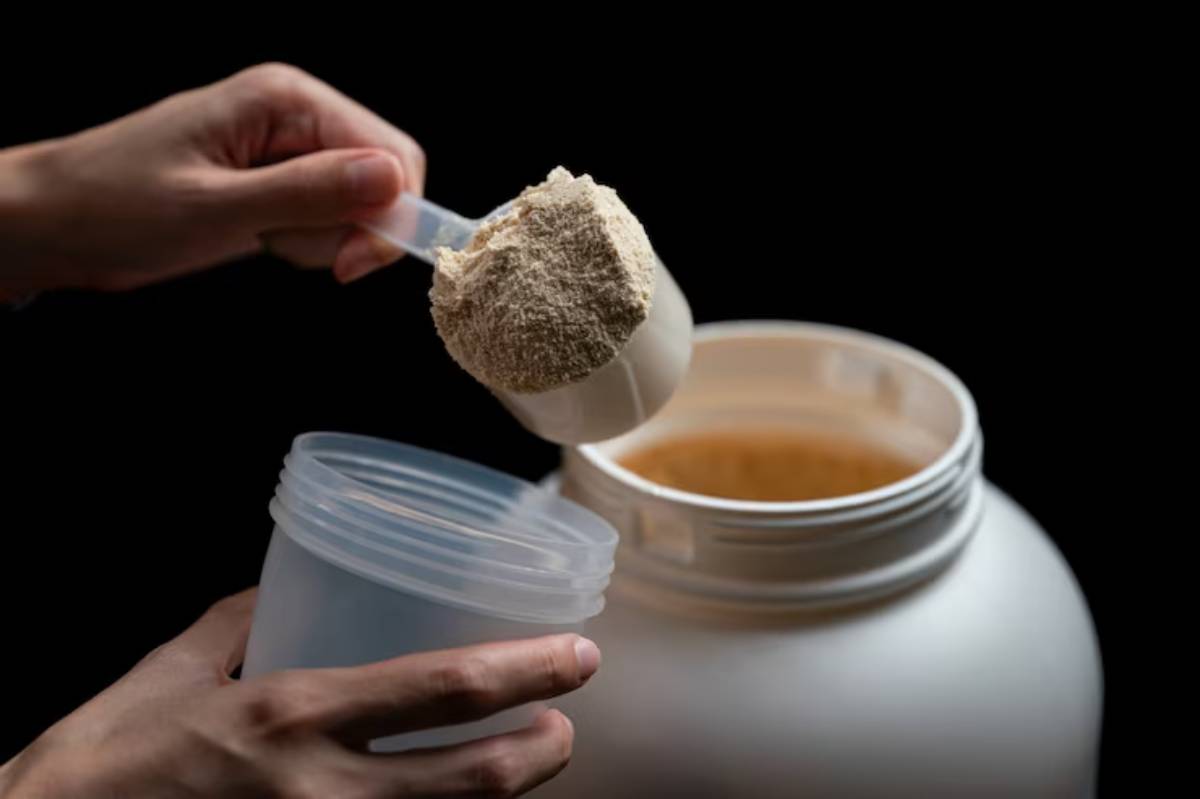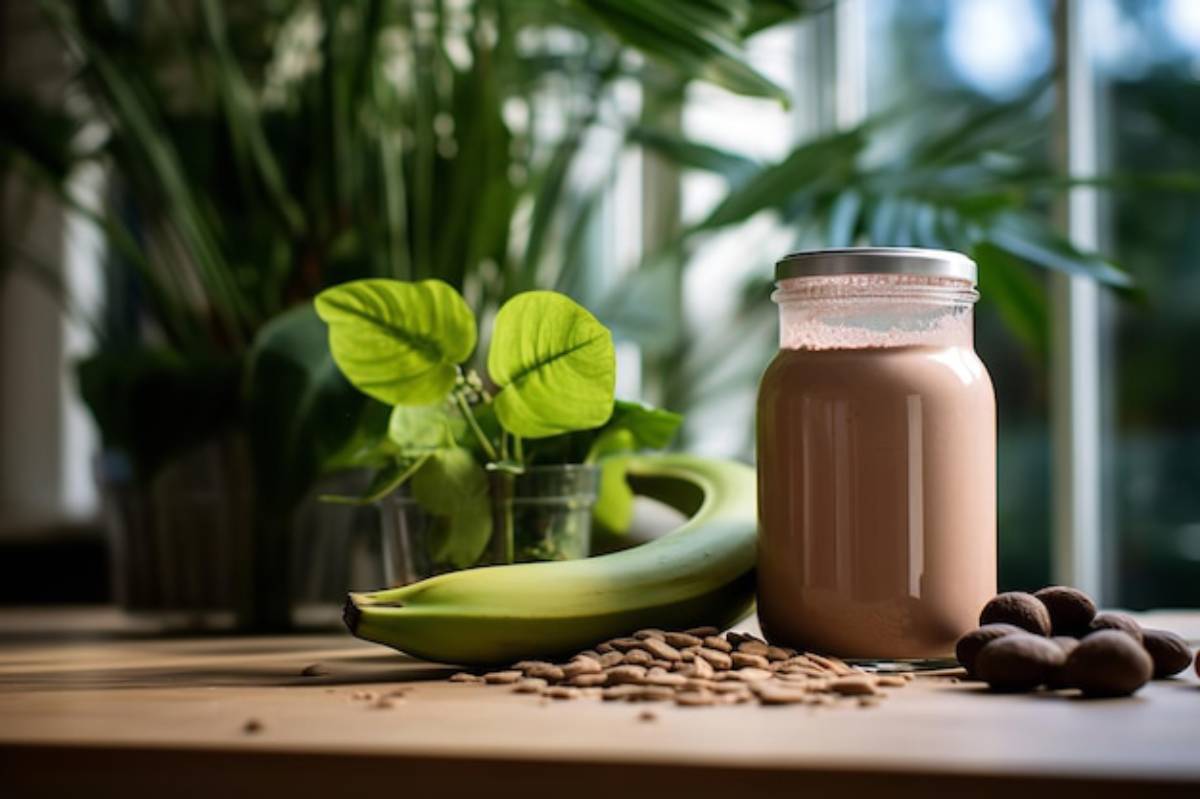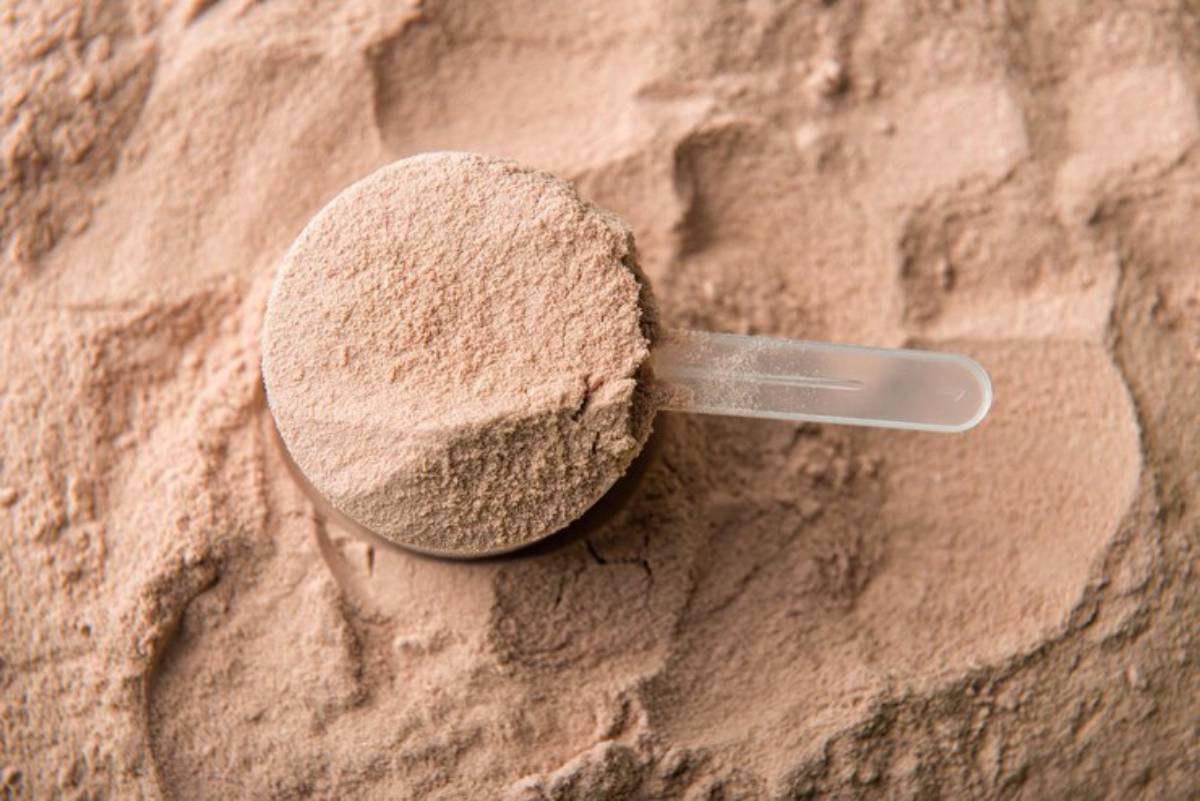
Adaptogens to Reduce Cortisol & Support Gains
You train hard. You fuel smart. You supplement wisely. But there’s one sneaky saboteur you might be overlooking in your muscle-building journey stress.
More specifically, cortisol, the stress hormone. While it plays a necessary role in energy mobilisation and inflammation control, chronically high cortisol levels can wreak havoc on your muscle gains, recovery, sleep, and even fat storage. Enter the world of adaptogens — nature’s answer to stress management.
In this article, we’ll explore how adaptogens help reduce cortisol, promote hormonal balance, and support your physical performance. We’ll dig into the best adaptogen stack for gains, the science behind them, and how to use them safely and effectively.
Ready to reclaim your hard-earned results from the grip of stress hormones? Let’s go.
What Is Cortisol and Why It Matters
Cortisol 101
Cortisol is a hormone released by your adrenal glands in response to stress. It’s part of the body’s fight-or-flight system and plays several important roles:
- Raises blood sugar for energy
- Regulates inflammation
- Aids in fat, protein, and carbohydrate metabolism
But when cortisol stays elevated, problems arise.
Chronic Cortisol = Catabolic State
Long-term cortisol elevation can:
- Break down muscle tissue for fuel (catabolism)
- Increase belly fat
- Suppress testosterone and growth hormone
- Disrupt sleep and recovery
This is where stress hormone reduction becomes crucial to your fitness goals.
What Are Adaptogens?
Natural Stress Regulators
Adaptogens are herbal compounds that help the body adapt to stress by modulating the hypothalamic-pituitary-adrenal (HPA) axis. In short, they help you maintain hormonal balance during physical, emotional, or environmental stress.
Key Benefits for Lifters
- Reduce cortisol spikes from intense workouts
- Support testosterone production and anabolic processes
- Boost energy, focus, and stamina
- Enhance immune system resilience
Adaptogens don’t sedate you; they bring your body back to baseline. Think of them as stress thermostats, not blunt force tranquilisers.
Best Adaptogens for Muscle Gains & Cortisol Reduction
1. Ashwagandha (Withania somnifera)
Why It Works:
- Reduces cortisol levels (clinically backed)
- Supports testosterone and strength gains
- Improves sleep quality and recovery
Dosage: 300–600mg daily, standardised to withanolides (5%+)
2. Rhodiola Rosea

Why It Works:
- Helps reduce fatigue and improves performance
- Balances cortisol during endurance and high-volume training
- Supports mood and mental stamina
Dosage: 200–400mg extract, standardised to rosavins and salidrosides
Best taken 30 minutes before training
3. Holy Basil (Tulsi)
Why It Works:
- Helps modulate cortisol levels
- Supports immune health and blood sugar control
- Combats stress-related inflammation
Dosage:300–500mg, 1–2x daily
4. Cordyceps Sinensis
Why It Works:
- Supports ATP production and energy output
- May reduce exercise-induced fatigue
- Modulates the stress response under intense training
Dosage: 1,000–2,000mg daily (capsule or powder form)
5. Panax Ginseng
Why It Works:
- Enhances focus and endurance
- Acts as a central nervous system tonic
- Balances cortisol and helps stabilise mood
Dosage: 200–600mg per day, divided if needed
Building an Adaptogen Stack
Basic Anti-Catabolic Stack
- Ashwagandha (600mg)
- Rhodiola (300mg)
Pre-Workout Energy + Focus Stack
- Rhodiola (300mg)
- Cordyceps (1,500mg)
- Ginseng (400mg)
Recovery + Sleep Stack

- Ashwagandha (600mg)
- Holy Basil (400mg)
- Magnesium Glycinate (300mg)
Best Times to Take Adaptogens
| Goal | Adaptogen | Timing |
| Reduce stress | Ashwagandha | Evening or post-workout |
| Boost training | Rhodiola | 30 mins pre-workout |
| Immune support | Holy Basil | Morning and evening |
| Enhance sleep | Ashwagandha + Magnesium | 1 hour before bed |
What to Expect When Using Adaptogens
Short-Term
- Improved resilience to stress
- More balanced mood and energy
- Slightly better sleep and recovery
Long-Term (4–8 weeks)
- Noticeable muscle gain improvements
- Better training consistency
- Reduced muscle soreness and faster bounce-back
Adaptogens are not stimulants. Their effects are subtle but compounding over time.
Who Should Avoid Adaptogens?
Adaptogens are generally safe, but you should consult your doctor if you:
- Take SSRIs, MAOIs, or blood pressure meds
- Are pregnant or breastfeeding
- Have autoimmune conditions
Some people may feel sleepy or stimulated depending on the adaptogen and dosage. Start with the lowest effective dose.
Mistakes to Avoid
- Overdosing on multiple adaptogens at once
- Skipping on quality extracts (look for standardised content)
- Using them only occasionally (consistency is key)
- Ignoring lifestyle habits like sleep, nutrition, and overtraining
Adaptogens work best as part of a full recovery protocol.
Real User Stories
Leo (29, Powerlifter)
“Ashwagandha helped me sleep deeper and wake up less sore. I also feel more composed during big lifts.”
Aisha (33, Body Recomposition Focus)
“My cravings and mood swings were brutal during cuts. Rhodiola was a game changer.”
Josh (44, High-Stress Job + Evening Training)
“Stacking holy basil and magnesium at night helped me lower my resting heart rate by 7 bpm.”
Combining Adaptogens With Other Recovery Tools
- Magnesium + L-Theanine for calm
- Protein + Creatine post-workout
- Foam rolling or yoga to reduce muscle tension
- Cold showers to reset the nervous system
Conclusion: Stress Less, Gain More
If you’re doing all the right things in the gym but your results have stalled, consider looking inward — at your stress response. Adaptogens offer a natural, proven way to combat catabolic cortisol, improve your hormonal profile, and increase your capacity for training, recovery, and growth.
Whether it’s ashwagandha for hormonal balance, rhodiola for pre-workout resilience, or holy basil for evening calm, there’s an adaptogen to support your goals.
Try adding one adaptogen to your supplement routine this week. Start small, stay consistent, and track how your body and mind respond.
Explore our full guide on Supplements to Improve Recovery Sleep to build a complete anti-stress protocol.


